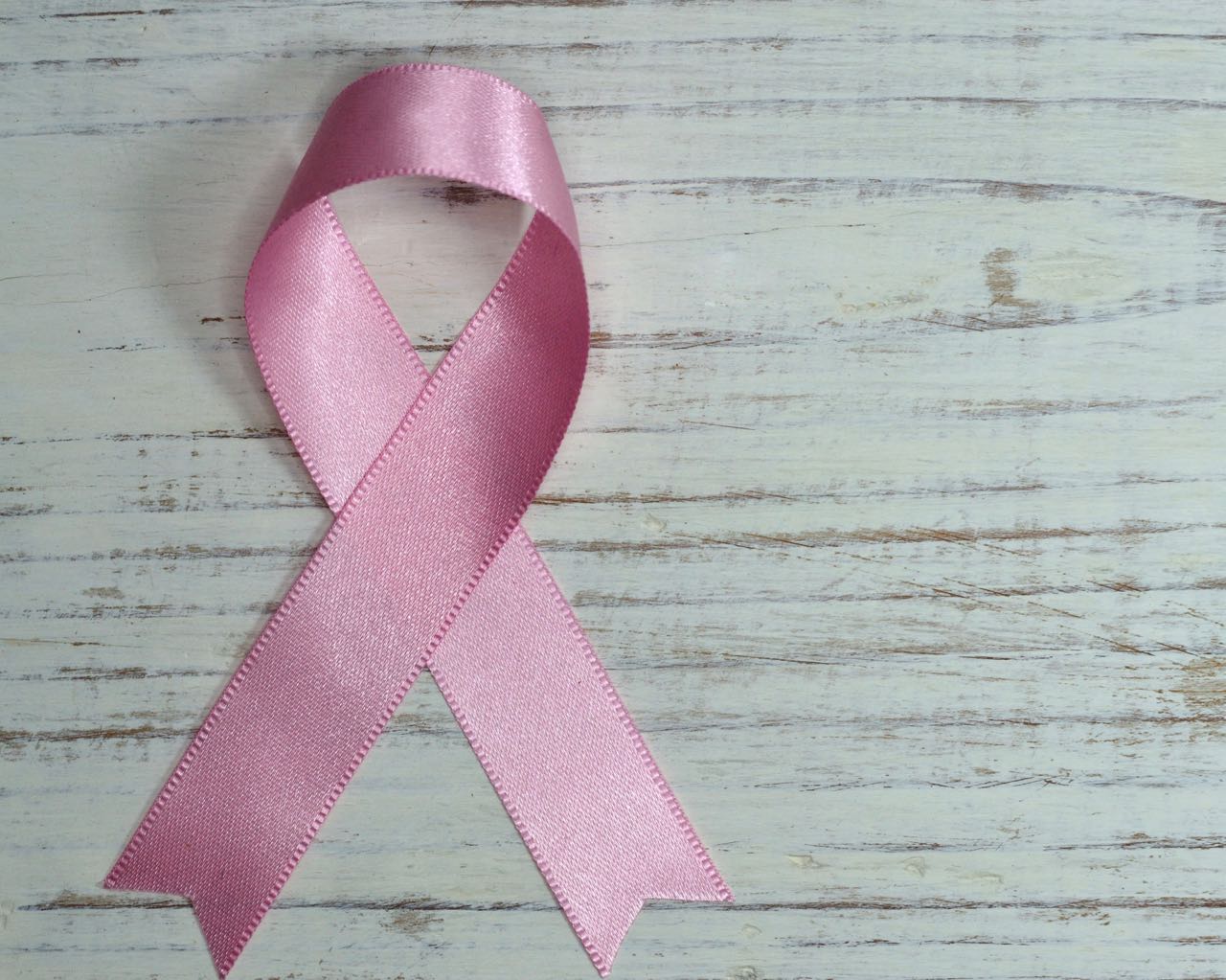
The month of October is Breast Cancer Awareness month. After skin cancer, breast cancer is the most common cancer and 1 in 8 women will be affected by it.
Is there a link between nutrition, excess weight, and breast cancer? Let’s take a look.
The link between weight and breast cancer
Obesity and overweight, especially abdominal weight are thought to be associated with an increased risk for development of breast cancer and poorer outcomes in women with established breast cancer. High insulin levels (driven by intake of processed, high sugar/high glycemic foods) contributes to carrying too much weight, especially abdominal weight. Levels of a hormone called IGF-1 (insulin like growth factor) increase along with insulin. In mice studies, higher levels of IGF-1 have been found to increase mammary tumors and in human studies, have been found to promote tumor growth.
In a follow up of 67,000 women (age 50-79) in the Women's Health Initiative Study, women who were overweight and obese had an increased invasive breast cancer risk versus women of normal weight. This risk was especially significant in women with a BMI over 35. In post-menopausal women, excess weight is indeed thought to be a risk factor for estrogen-positive breast tumors.
Is there a link to nutrition?
A plant-based diet may lower a woman’s risk of developing breast cancer and even recurrence of cancer. In a cohort study of 91,000 women, a plant-based diet high in vegetables and fruit was associated with a 15% in breast cancer risk & more significant effect on estrogen and progesterone receptor negative tumors. A case control study on the effect of a Mediterranean diet with vegetables, fish, olive oil and legumes showed an independent association with a lower risk for breast cancer. Last, a meta-analysis of data from 17 studies looking at high vs low vegetable intake was associated with a 25% reduction in breast cancer risk. Findings were not confirmed in 8 studies.
Soy, rich in plant estrogens, in the latest studies has been shown to NOT increase cancer risk and may even lower recurrence.
Dietary fat has been controversial and is still undecided as to whether it increases risk for breast tumors. Current recommendations are to limit saturated, animal-based fats and included polyunsaturated and monounsaturated fats like fish, olive oil, nuts, avocados and chia/flax seeds as sources.
What can we do to reduce risk beyond age-appropriate screening?
We need to limit “white” foods with processed, simple carbohydrates and sugar like bread, pasta, cakes, chips, and other baked goods to name a few. Studies suggest a diet high in fiber could be correlated with a decreased risk of certain cancers, including breast cancer. We need to favor HIGH FIBER foods (like vegetables, fruits and whole grains) to maintain a healthy weight and decrease insulin levels and IGF-1 levels.
We can "Eat the rainbow"- by including COLORFUL foods rich in phytonutrients that may reduce risk:
Carotenoids (carrots, squash), lycopene (cooked tomatoes)
Indoles (cruciferous vegetables-raw cabbage, broccoli, cauliflower)
Isoflavones (soy beans, legumes, flax seed)
Flavonoids (most veggies, basil, mint, onions, TEA)
Sulforophane (broccoli)
Include lean proteins in your diet and favor plant-based proteins, including unprocessed sources of soy like tofu, edamame and soy milk.
What about alcohol?
According to the American Cancer Society, it is recommended to minimize alcohol (no more than 1 drink/day) due to increased risk for developing breast cancer.
Bottom line:
"We are what we eat" perhaps applies to all aspects of our health and often we are focused on physical appearance in terms of weight. As we can see, there is a link to not only type 2 diabetes, heart health, but also to cancer, specifically breast cancer as discussed here.
What changes will you make for your health today?
Please note, the above is for informational purposes only and for specific health concerns, please refer to your physician.
Sources:
https://cancer.ucsf.edu/_docs/crc/nutrition_breast.pdf
https://www.hopkinsmedicine.org/breast_center/treatments_services/nutrition.html
https://www.webmd.com/breast-cancer/ss/slideshow-diet-after-breast-cancer
Neuhouser ML, Aragaki AK, Prentice RL, et al. Overweight, Obesity, and Postmenopausal Invasive Breast Cancer Risk: A Secondary Analysis of the Women's Health Initiative Randomized Clinical Trials. JAMA Oncol. 2015;1(5):611–621. doi:10.1001/jamaoncol.2015.1546
Link LB, Canchola AJ, Bernstein L, et al. Dietary patterns and breast cancer risk in the California Teachers Study cohort. Am J Clin Nutr. 2013;98(6):1524–1532.
Demetriou CA, Hadjisavvas A, Loizidou MA, et al. The mediterranean dietary pattern and breast cancer risk in Greek-Cypriot women: a case-control study. BMC Cancer. 2012;12:113. Published 2012 Mar 23.
